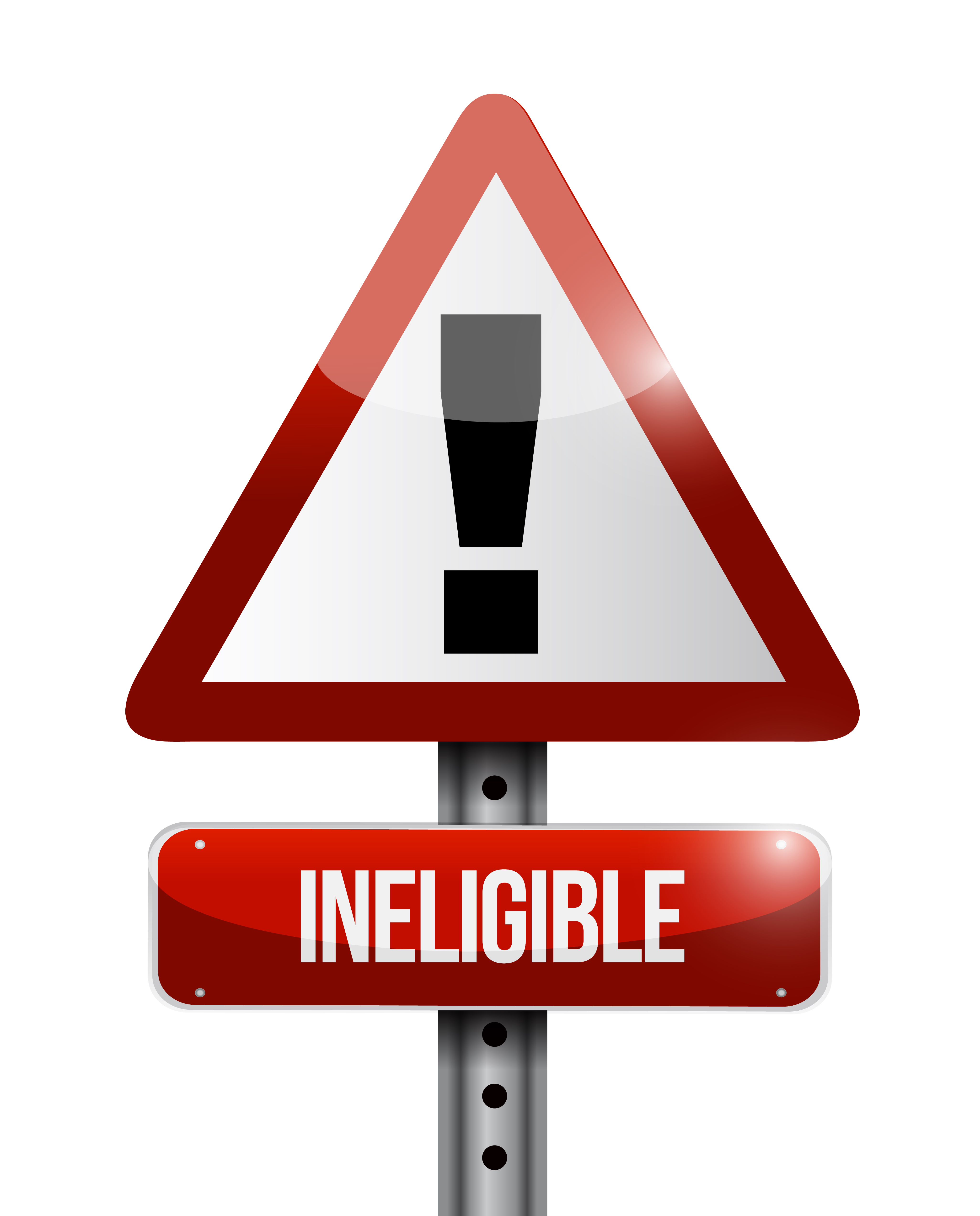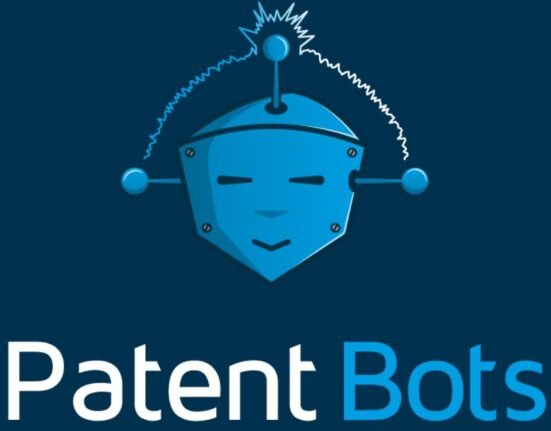“[T]he only thing the claims disclose about the use of machine learning is that machine learning is used in a new environment.” – CAFC
 The U.S. Court of Appeals for the Federal Circuit (CAFC) on Friday addressed an issue of first impression in the patent eligibility context, holding that “claims that do no more than apply established methods of machine learning to a new data environment” are not patent eligible.
The U.S. Court of Appeals for the Federal Circuit (CAFC) on Friday addressed an issue of first impression in the patent eligibility context, holding that “claims that do no more than apply established methods of machine learning to a new data environment” are not patent eligible.
Recentive Analytics, Inc. sued Fox Corp., Fox Broadcasting Company, LLC, and Fox Sports Productions, LLC for infringement of four U.S. Patent, Nos. 10,911,811; 10,958,957; 11,386,367; and 11,537,960. The patents are directed to solving problems in the entertainment industry and television broadcasting with respect to optimizing the scheduling of live events and “network maps,” which “determine the programs or content displayed by a broadcaster’s channels within certain geographic markets at particular times.”
The district court ultimately granted Fox’s motion to dismiss the suit for failure to state a claim on the ground the patents were ineligible under Section 101. The court said the claims of the patents failed at Alice step one as they were “directed to the abstract ideas of producing network maps and event schedules, respectively, using known generic mathematical techniques,” and at step two the claims failed to show an “inventive concept” as “the machine learning limitations were no more than ‘broad, functionally described, well-known techniques” and claimed “only generic and conventional computing devices.’”
On appeal, the CAFC agreed that “the patents are directed to the abstract idea of using a generic machine learning technique in a particular environment, with no inventive concept.” While Recentive argued that its application of machine learning in the patents is not generic because it improved the technology by manipulating the algorithms to function so that “the maps and schedules are automatically customizable and updated with real-time data,” the CAFC said Recentive conceded that the patents do not claim a specific method of improving the algorithm. Furthermore, neither the claims nor the specifications describe how any improvement was accomplished via steps or otherwise. “[T]he only thing the claims disclose about the use of machine learning is that machine learning is used in a new environment,” wrote the CAFC.
The claims are also are not rendered eligible just because they perform a task previously carried out by humans with greater speed and efficiency. “We have consistently held, in the context of computer-assisted methods, that such claims are not made patent eligible under § 101 simply because they speed up human activity,” the opinion said. That applies whether the issue is raised at step one or step two, it added.
Turning to step two, the CAFC rejected Recentive’s argument that the inventive concept of the claims is “using machine learning to dynamically generate optimized maps and schedules based on real-time data and update them based on changing conditions.” It instead agreed with the district court that this amounted to nothing more than claiming the abstract idea itself.
The opinion ended with a note that “[m]achine learning is a burgeoning and increasingly important field and may lead to patent-eligible improvements in technology.” The court explained that its instant opinion held “only that patents that do no more than claim the application of generic machine learning to new data environments, without disclosing improvements to the machine learning models to be applied, are patent ineligible under § 101.”








